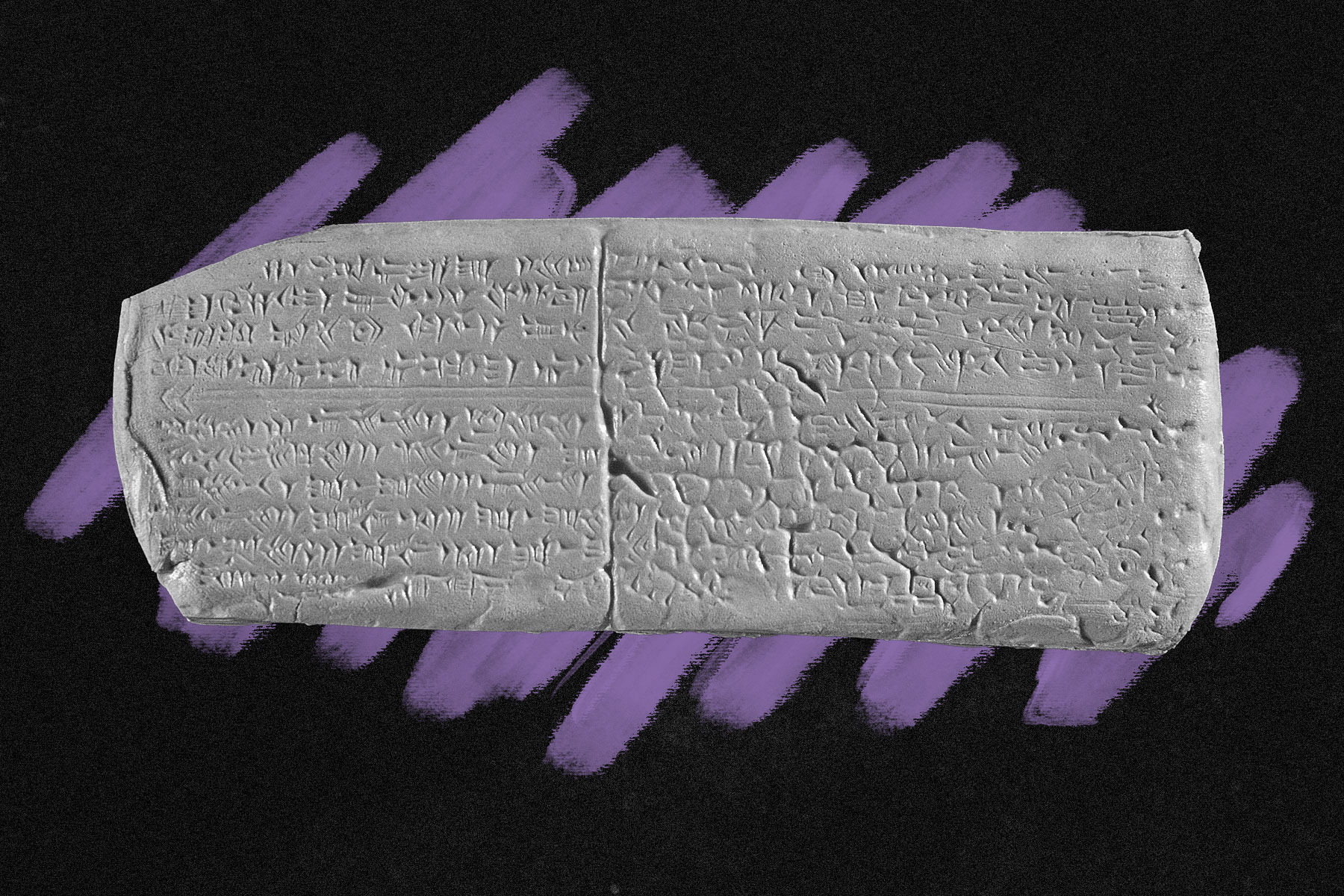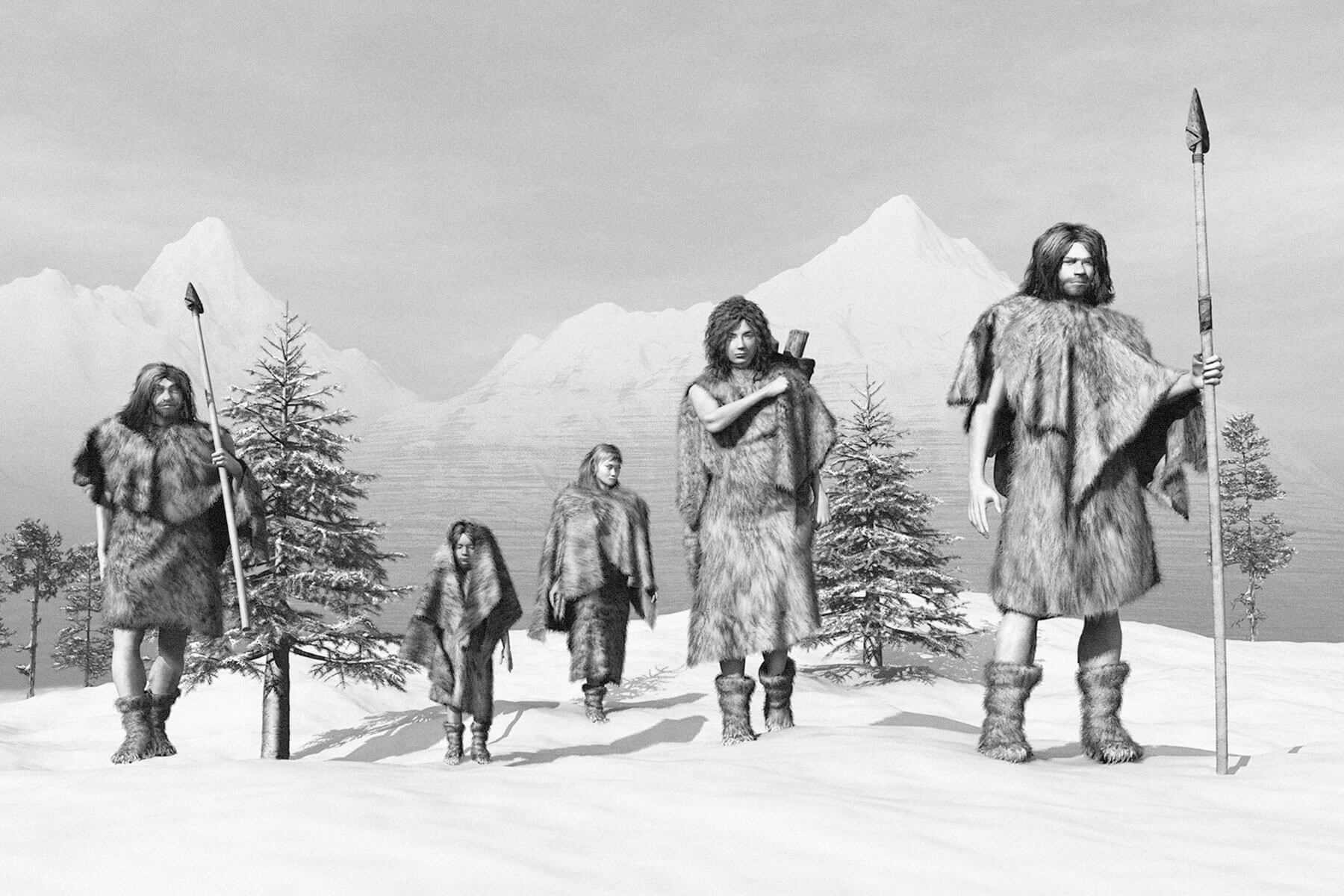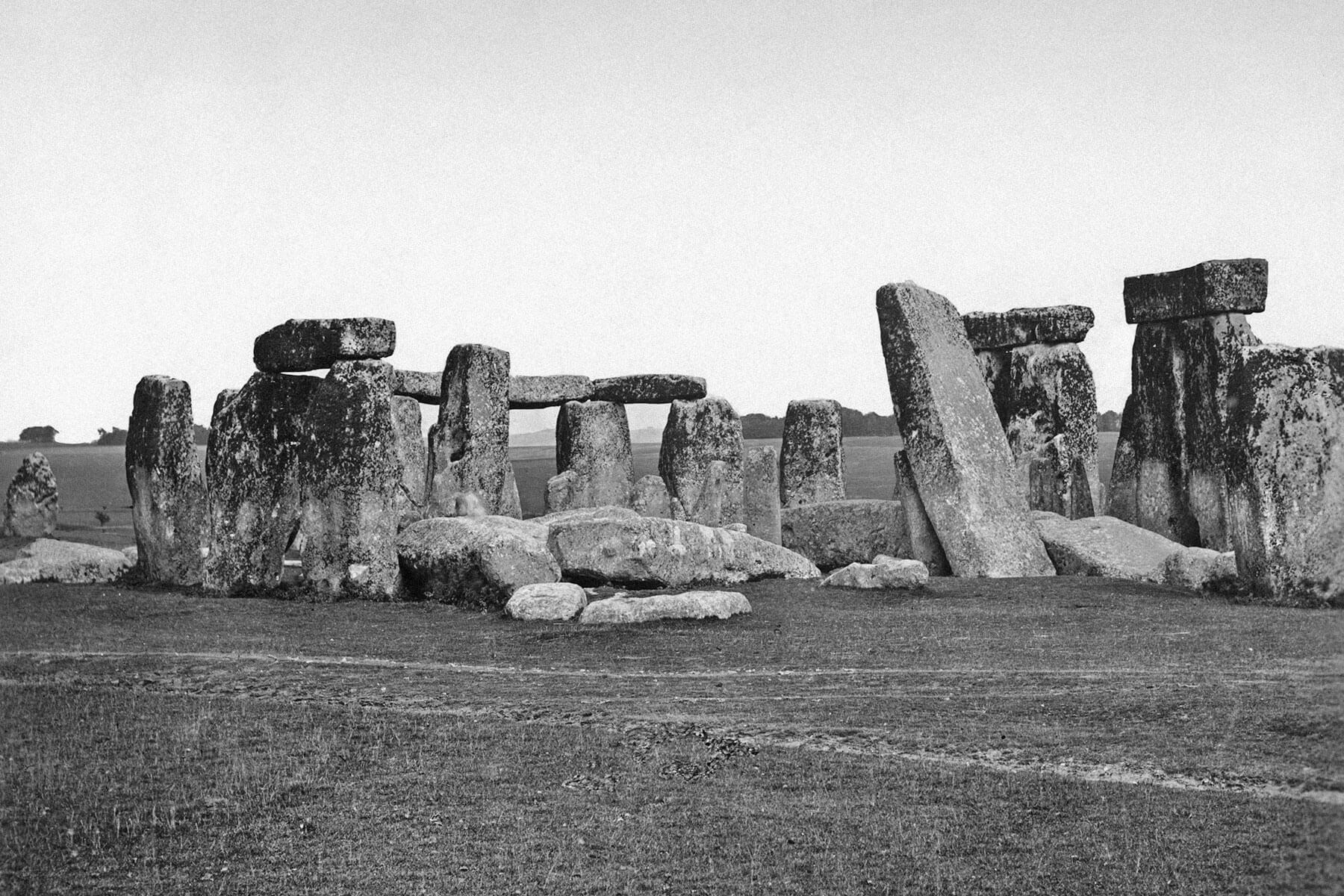Music is as old as humanity itself: Our Paleolithic ancestors likely sung lullabies to their children, and evidence of ancient instruments dates back some 40,000 years. |
| |
| |
|
 |
|
| M usic is as old as humanity itself: Our Paleolithic ancestors likely sung lullabies to their children, and evidence of ancient instruments dates back some 40,000 years. But when it comes to recorded history, specific melodies are hard to come by. That's why the cuneiform tablet known as "Hurrian Hymn No. 6" is such an incredible artifact. Dating back to the 14th century BCE — some 3,400 years ago — it is the oldest known melody in human history. |
|
|
| As the name suggests, the song was originally composed by the Hurrians, an ancient people who lived in parts of modern-day Iraq, Syria, and Turkey. Originally a dedication to the Mesopotamian goddess Nikkal, the hymn was unearthed in the Syrian city of Ugarit in the 1950s, and the artifact is now housed at the National Museum of Damascus. The tablet contains not only near-complete musical notation and lyrics, but also instructions on how to perform the song on a nine-stringed lyre, a U-shaped harp that was popular throughout Mesopotamia. Many varied versions of "Hurrian Hymn No. 6" exist today, largely due to translation inconsistencies, but one of the most popular compositions is from Syrian American composer Malek Jandali, who has performed the ancient piece with a solo piano and also a full orchestra. |
|
 |  |
|
|
 |
|
| |
|
| Approximate year the lyre was invented | | | 3200 BCE |
| | | People who attended the largest concert of all time, a 1994 Rod Stewart performance in Brazil | | | 3.5 million |
| | | People who attended the largest concert of all time, a 1994 Rod Stewart performance in Brazil | | | 3.5 million |
|
|
|
| Studio albums recorded by Nigerian musician Fela Aníkúlápó Kuti, a world record | | | 46 |
| | | Approximate time the Hurrians disappear from the historic record | | | 1000 BCE |
| | | Approximate time the Hurrians disappear from the historic record | | | 1000 BCE |
|
|
|
 |
|
 | | Did you know? |
|
|
An organ in Germany is currently playing a song that will end in the year 2640. |
|
| On September 5, 2001, a song began playing at St. Burchardi church in Halberstadt, Germany, and it won't be over until the year 2640. Composed by avant-garde artist John Cage in 1987, the song is titled "Organ2/ASLSP (As Slow As Possible)," and although the piece began in 2001, it opened with a 17-month-long pause before the first tone began to sound — and notes can last much longer. In early September 2020, for example, a crowd gathered at St. Burchardi to usher in a note change, the first in about seven years. The selection of this particular church to host the musical experiment is no coincidence. In 1361, the first organ to split an octave into 12 semitones was installed in the church, and some consider that occasion to be the birth of modern music. When Cage's drawn-out composition sounds its final note six centuries from now, the church will bag another accolade: as host to the longest song ever performed. |
|

















0 comments:
Post a Comment